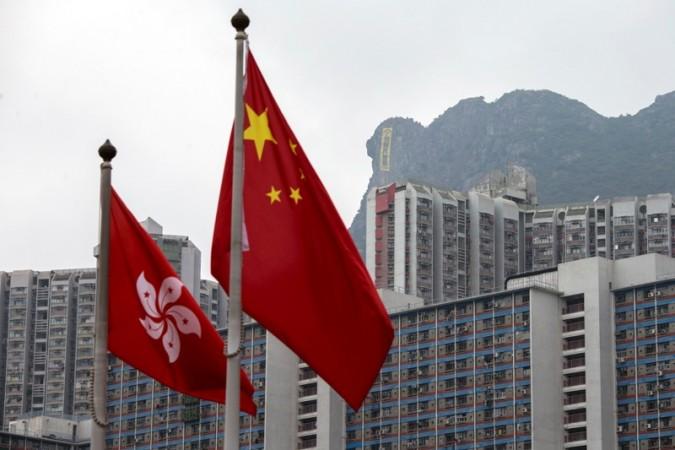
If you happen to enter China in the near future, check yourself before a pun, idiom or hyperbole slips out of your mouth. According to reports, the State Administration for Press, Publication, Radio, Film, and Television in China has warned every form of media against using puns and other creative wordplay.
The casual alteration of idioms risks nothing less than "cultural and linguistic chaos", China's print and broadcast watchdog warns. They claim that wordplay like puns would create "cultural and linguistic chaos" making it harder to expand the country's cultural heritage and would mislead the public, although wordplay is an inherent part of Chinese culture.
From online discussions to advertisements, Chinese culture is full of puns; even their popular sayings and customs, as well as jokes, rely on wordplay.
David Moser, academic director for CET Chinese studies at Beijing Capital Normal University finds the new ban ridiculous, and told The Guardian, "(Wordplay) is so much part and parcel of Chinese heritage… That's the most ridiculous part of this".
However, according to the new rule, "Radio and television authorities at all levels must tighten up their regulations and crack down on the irregular and inaccurate use of the Chinese language, especially the misuse of idioms."
The order cites ridiculous complaints from viewers about harmless instances where puns were misused. For example, in a tourism promotion campaign, a slight change in the characters used in the phrase jin shan jin mei – perfection – turned it into a slogan translated as "magnificent Shanxi."
Meanwhile, Quartz reported that it is a clever pun that pokes fun at the country's leader Xi Jinping, that led to the ridiculous ban. "At a celebration earlier this year of Teachers' Day in China, Xi picked up the term of affection 'Daddy Xi.' Last week, an ode to the president and first lady—'Daddy Xi loves Mama Peng'—extended the filial reverence to Peng. The first character in 'daddy' is 大, pronounced 'da.' The first in 'mama' is 媽, pronounced 'ma.' Combining those two, you get 'dama.' That is a homonym for 大麻, 'marijuana'", Quartz explains.
This led to many people posting comments on China heading to the "dama" or "marijuana era".
















